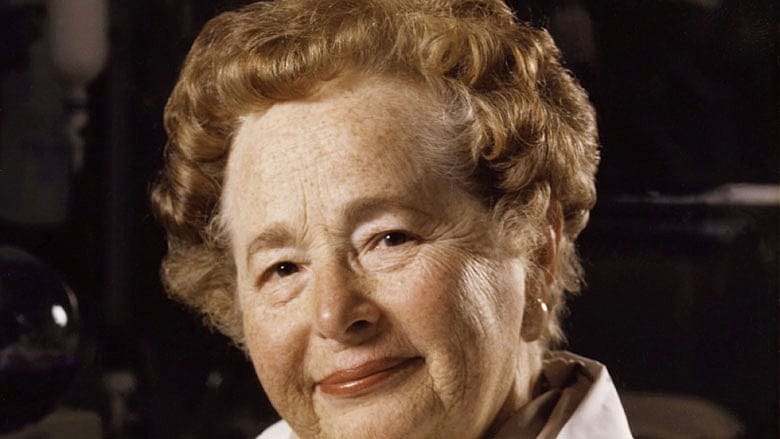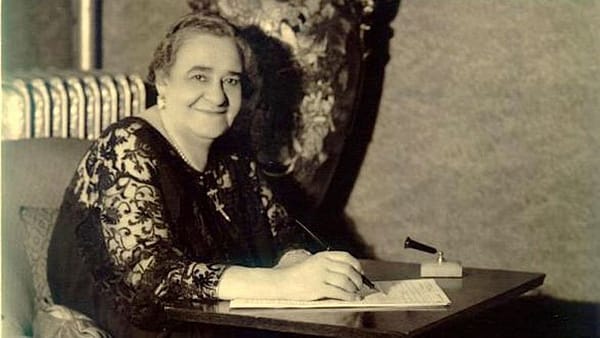Paving the way for women in science: Nobel Laureate Gertrude Elion

Gertrude Elion (1918-1999) received the Nobel Prize in Medicine in 1988, one of the few women to receive the honor. Her pioneering work included the first chemotherapy drug for childhood leukemia; laying the groundwork for the AZT drug for AIDS; and creating both the first successful anti-viral medication and the first effective immunosuppressant for organ transplants. Her tenacity and desire to help others motivated her to overcome the anti-Semitism and gender discrimination she faced among academics and prospective employers.
A New York City native, Elion enjoyed a happy childhood and a close-knit family. Her father, a dentist, was a Lithuanian immigrant, and her mother emigrated from a region in Russia that was later part of Poland. Although she was interested in many subjects as a student, the death of her grandfather prompted her to study chemistry at Hunter College. She later wrote, "One of the deciding factors may have been that my grandfather, whom I loved dearly, died of cancer when I was 15. I was highly motivated to do something that might eventually lead to a cure for this terrible disease."

